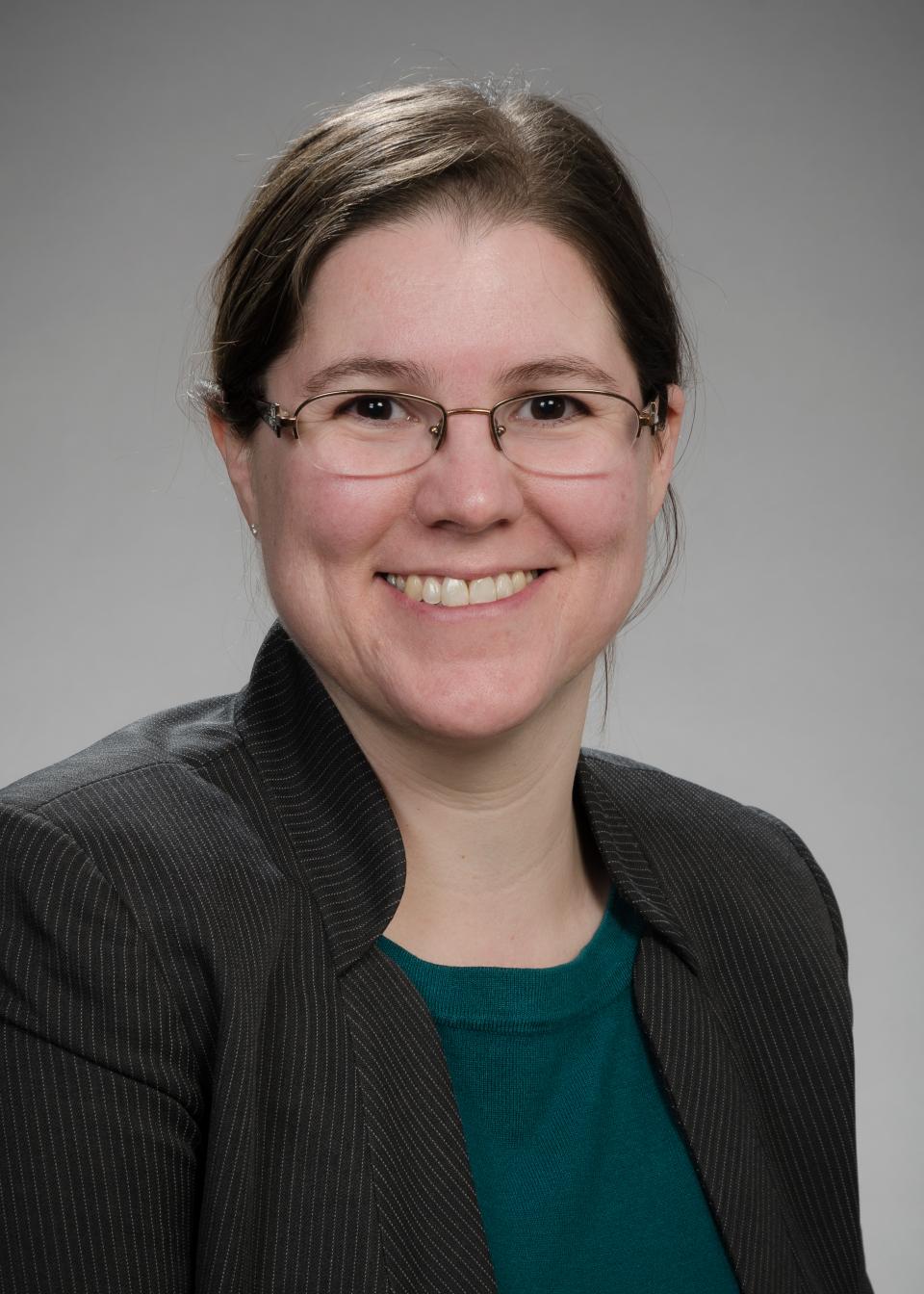
Email:
Office:
750 Republican Street
Campus Box 358060
Seattle, WA 09109
Website:
Phone:
(206) 685-9557
Lab Staff
Joon Kyung Kim, Research Scientist
Vineet Majahan, PhD, Postdoctoral Fellow
Erika H. Noss, M.D., Ph.D.
Position:
Assistant Proffessor. Department of Medicine: Division of Rheumatology, University of Washington
Our lab is interested in understanding how fibroblasts contribute to inflammation and tissue pathology in autoimmune disease. Study of rheumatic diseases demonstrates that fibroblasts shape disease outcome. In scleroderma and interstitial lung disease, activated fibroblasts lay down fibrotic matrix, impairing skin and lungs function. In rheumatoid arthritis, activated fibroblasts secrete cytokines and chemokines, amplifying inflammation. However, what mechanisms drive fibroblasts to become fibrotic or inflammatory in a tissue is poorly understood. Our long-term goal is to define fibroblast differentiation pathways to target in autoimmune disease treatment.
Active Research Areas
- Fibroblast Hyperplasia in Rheumatoid Arthritis. Rheumatoid arthritis is characterized by a marked expansion in the number of synovial fibroblasts, and recent studies indicate that local fibroblast proliferation drives this hyperplasia. We are using mouse models to track proliferating fibroblasts during inflammatory arthritis and identify pro-proliferative pathways important in this process.
- Synovial Fibroblast IL-6 Regulation. IL-6 is a pathogenic cytokine in rheumatoid arthritis, as shown by the clinical efficacy of antibodies that target the IL-6 receptor. Synovial fibroblasts are a major IL-6 producer in the synovium. We have recently shown that fibroblast IL-6 expression is regulated in a cell-type specific manner by proximal promoter genetic variation (PNAS 2015). We are using human synovial tissue to examine which fibroblasts populations produce IL-6 and to identify novel transcriptional mechanisms involved in its expression.
- Fibroblasts in Inflammatory Bowel Disease Pathogenesis. Similar to what we have observed in rheumatoid arthritis models, our preliminary data shows that fibroblasts contribute to inflammation in an inflammatory bowel disease model. We are interested in identifying the fibroblast populations in the intestine and understanding how they contribute to inflammation.
Associated Research:
 |
 |

